Closed Loop Partners Releases Groundbreaking Report on the Pathway to Scale for Reusable Packaging Models
January 14, 2021
Closed Loop Partners, IDEO and the NextGen Consortium share learnings from multiple pilots of smart, modern reusable cup systems that eliminate waste
January 14, New York – Today, the Center for the Circular Economy at Closed Loop Partners released a first-of-its-kind report, charting the way forward for durable reusable packaging systems that reduce the need for single-use packaging. In the report, Bringing Reusable Packaging Systems to Life, the investment firm and innovation center draw on insights from multiple reusable cup pilots conducted in partnership with the NextGen Consortium and IDEO, outlining key lessons learned and sharing a blueprint and open-source resource to encourage collaboration and the growth of reuse models.
Global waste has reached a tipping point, with plastic waste entering the ocean at a rate of 11 million metric tons a year, microplastics found atop Mount Everest and now even in the food we consume. Consumers, regulators and advocacy groups are increasingly clamoring for change, and reuse models offer a promising pathway forward. These solutions extend the use and lifespan of valuable materials, moving us away from a take, make, waste model of material use toward a more circular economy.
“Reuse models are a critical tool in the fight against plastic waste, and brands and retailers are increasingly exploring them as a viable waste reduction strategy,” says Kate Daly, Managing Director of the Center for the Circular Economy at Closed Loop Partners. “Reusable packaging and cups are just the beginning; refill, resale and rental models that keep materials in circulation are poised to reinvent all kinds of product formats and industries. The future for reuse is bright, and now we need to work collaboratively toward it.”
Closed Loop Partners convened the NextGen Consortium, with founding partners Starbucks and McDonald’s, among others, to address the world’s single-use food packaging waste by advancing the design, commercialization and recovery of packaging alternatives––starting with the hot and cold, to-go fiber cup system. Through the efforts of the NextGen Consortium, robust testing, funding and scaling of reusable cup models have been underway. Most recently, the Consortium ran pilots with NextGen Cup Challenge winners, CupClub and Muuse, across clusters of local cafes in the City of San Francisco and City of Palo Alto, CA.
Before scaling any system, proof of concept and rigorous testing is essential. NextGen’s pilots have validated a sustained and methodical approach to innovating and testing reuse models, surfacing critical inputs and considerations for scale––applicable beyond just cups. These include engaging diverse stakeholders, making sustainable material choices, selecting appropriate locations, choosing the right payment model and optimizing health and safety protocols. Ultimately, reuse models must provide a seamless, convenient experience for companies and customers.
“McDonald’s cups are an iconic part of the customer experience and can serve as a key gateway to increasing circular systems for our restaurants,” says Marion Gross, Chief Supply Chain Officer, North America, McDonald’s. “We remain committed to meaningful collaboration and solutions that will reduce waste and impact change at scale.”
“Now is the perfect moment to design, implement and scale reuse models, as technological developments, regulatory pressures and consumer demand for eco-friendly alternatives converge,” says Chris Krohn, Project Lead, IDEO. “Piloting the reusable packaging models helps us better design a system that works for all.”
“With single-use packaging volumes on the rise amidst the pandemic, safe and hygienic reuse models are critical to addressing the urgent issue,” says Erin Simon, Head, Plastic Waste and Business, World Wildlife Fund. “The NextGen Consortium’s reusable cup pilots are critical for providing the necessary data and understanding to advance these kinds of models as a whole and reduce waste.”
“Changing mindsets and offering consumers reuse options must be part of our efforts to end plastic pollution once and for all,” says Kristin Hughes, Director of the Global Plastic Action Partnership, the platform for accelerating plastic pollution and waste action at the World Economic Forum. “It is crucial and very exciting to see innovative models being tried and tested on the ground by the NextGen Consortium and others.”
Beyond its work with the NextGen Consortium, Closed Loop Partners invests in and explores various other applications for reuse models. One example is the firm’s investment in Algramo, a startup solving economic and environmental issues through its vending machines that dispense staple products, such as household cleaners, “by the gram.” Continued experimentation, investment and collaboration are needed to further scale reuse models, and we work with diverse stakeholders across the value chain––from corporate partners to cities to environmental NGOs––to advance their growth and realize their full potential.
About Closed Loop Partners
Closed Loop Partners is a New York-based investment firm comprised of venture capital, growth equity, private equity and project finance, as well as an innovation center focused on building the circular economy.
The firm has built an ecosystem that connects entrepreneurs, industry experts, global consumer goods and technology companies, retailers, financial institutions and municipalities. Their investments align capitalism with positive social and environmental impact by reducing waste and greenhouse gas emissions via materials innovation, advanced recycling technologies, supply chain optimization and diversion of materials from landfill.
About NextGen Consortium
The NextGen Consortium is a multi-year, global consortium that addresses single-use food packaging waste globally by advancing the design, commercialization, and recovery of food packaging alternatives. The NextGen Consortium is managed by Closed Loop Partners’ Center for the Circular Economy. Starbucks and McDonald’s are the founding partners of the Consortium, The Coca-Cola Company, Yum! Brands, Nestlé, Wendy’s and Jacobs Douwe Egberts are supporting partners. World Wildlife Fund (WWF) is the advisory partner and IDEO is the innovation partner. Learn more at www.nextgenconsortium.com.
Related posts
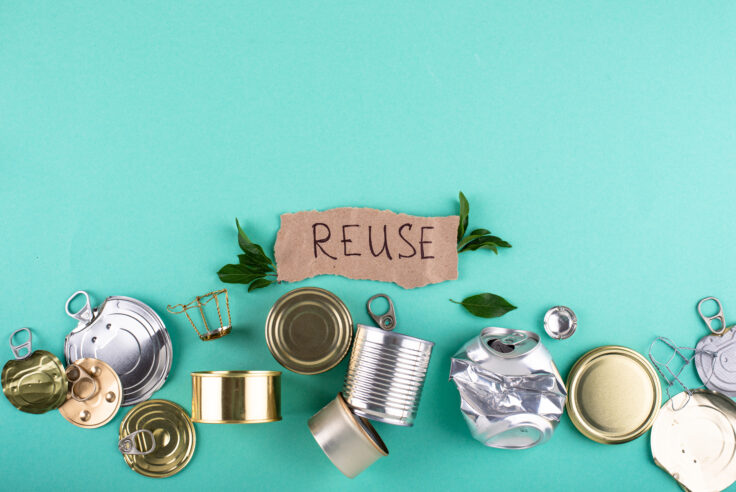
Blog Post
For Reuse to Work, Language Matters
A quick guide to messaging for reuse programs and getting...
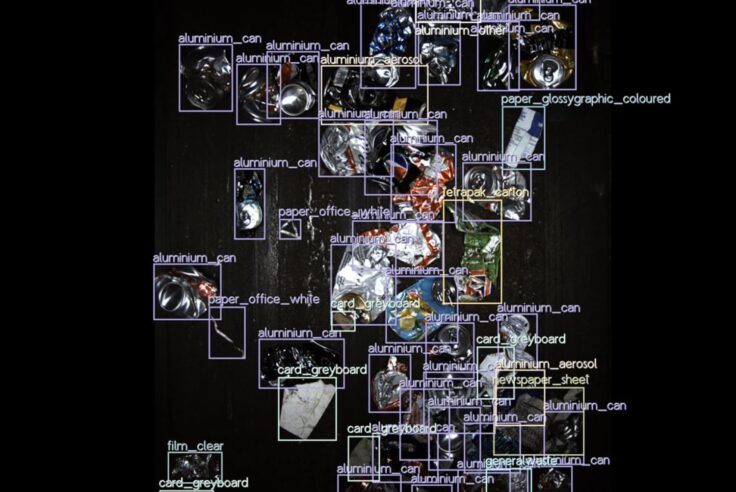
Press Release
New Data Reveals High Quantities of Food-Grade Polypropylene...
Closed Loop Partners’ Center for the Circular Economy...
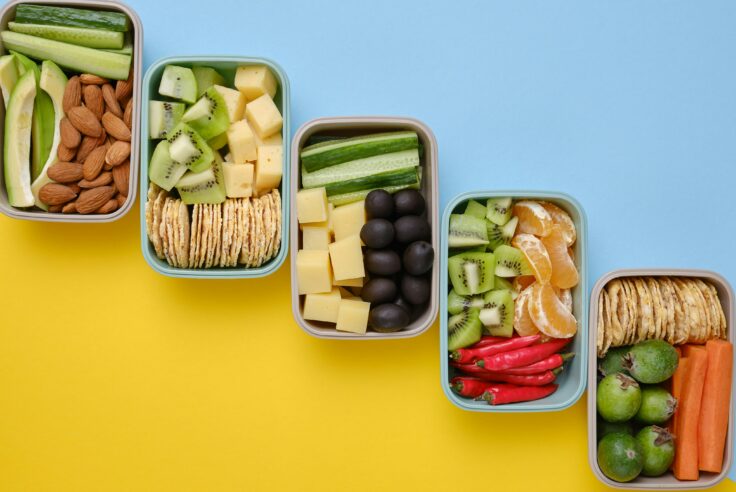
Press Release
Closed Loop Partners and U.S. Plastics Pact Identify...
Packaging types primed for reuse lay the groundwork...
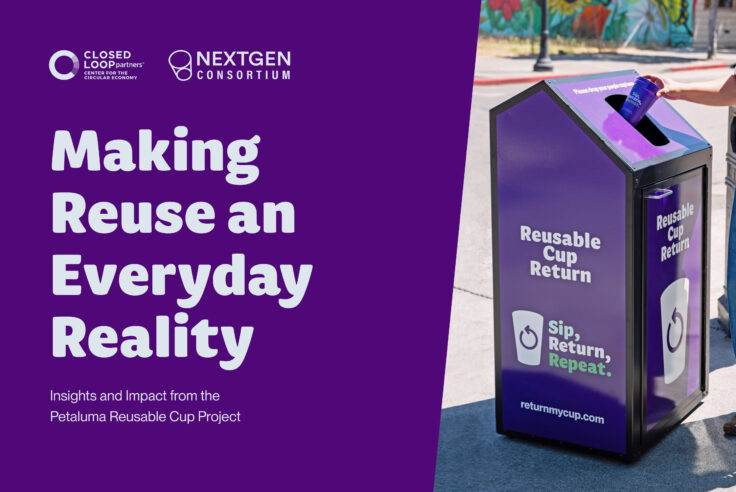
Press Release
Groundbreaking Results From Citywide Petaluma Reuse...
The Petaluma Reusable Cup Project from the NextGen...
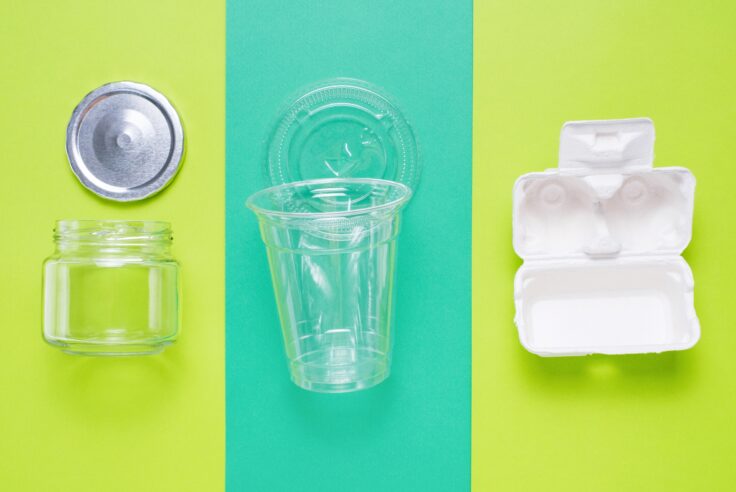
Blog Post
8 Tips to Navigate Life Cycle Assessments for Circular...
Closed Loop Partners’ Center for the Circular Economy...
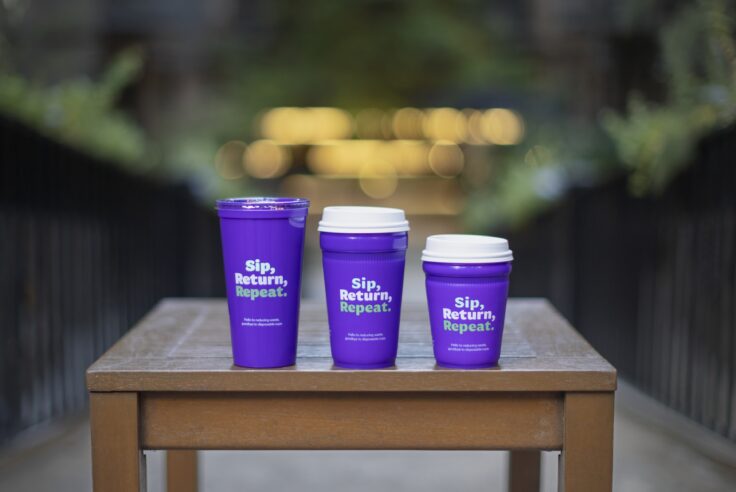
Press Release
The Petaluma Reusable Cup Project: Starbucks, The Coca-Cola...
The collaboration, led by the NextGen Consortium, makes...
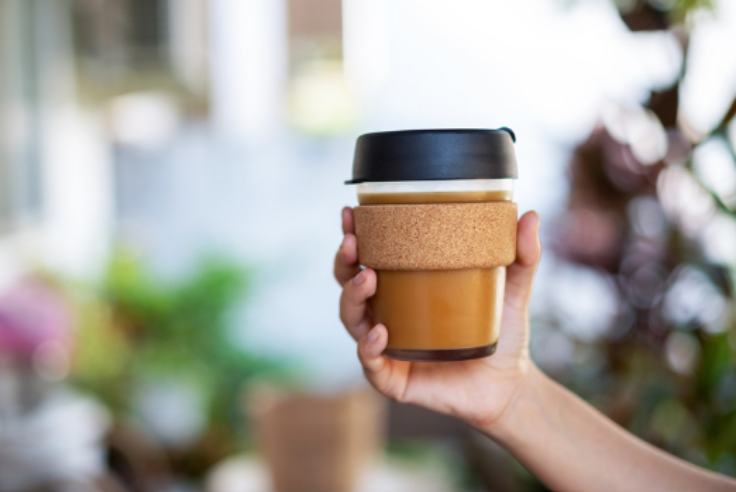
Blog Post
How Businesses Can Spark a Cultural Shift Towards Reduction...
A showcase of Bring-Your-Own-Cup (BYOC) initiatives...
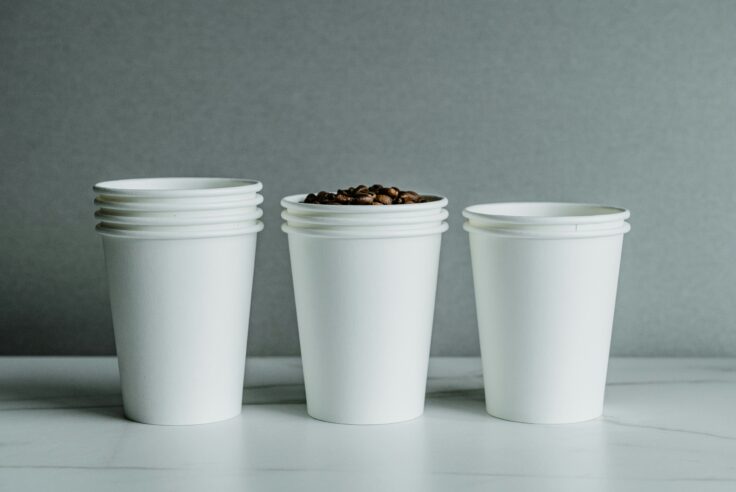
Press Release
Paper Cup Recycling Hits New Milestone in the U.S....
The NextGen Consortium and Foodservice Packaging Institute...
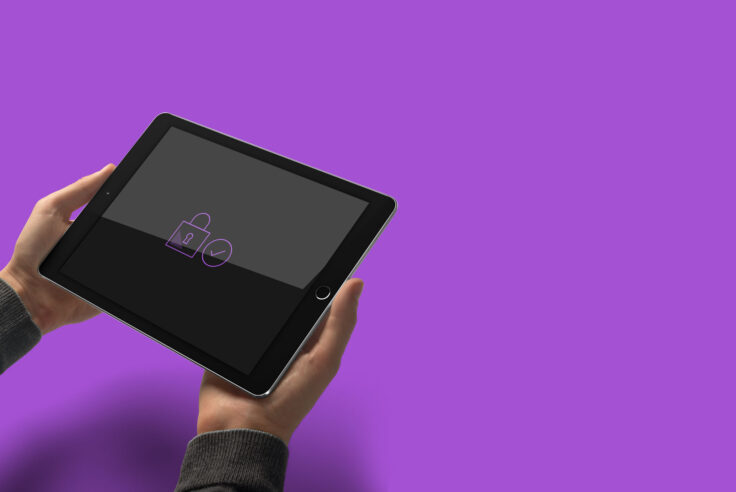
Press Release
Closed Loop Partners Acquires Majority Stake in Sage...
Amidst the rapid growth of e-waste, Closed Loop...
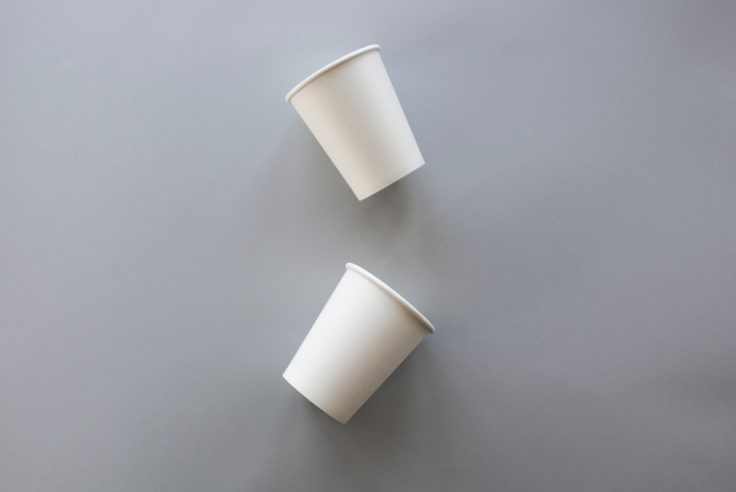
Press Release
New Report from the NextGen Consortium Shares Path...
Insights include solutions for paper mills, material...
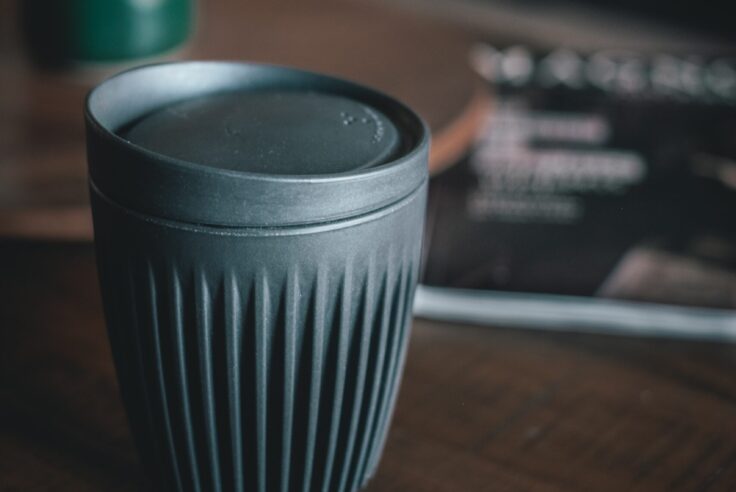
Reuse
Blog Post
Debunking Durability: How Durable Does Reusable Packaging...
New reuse innovations are expanding what is possible,...
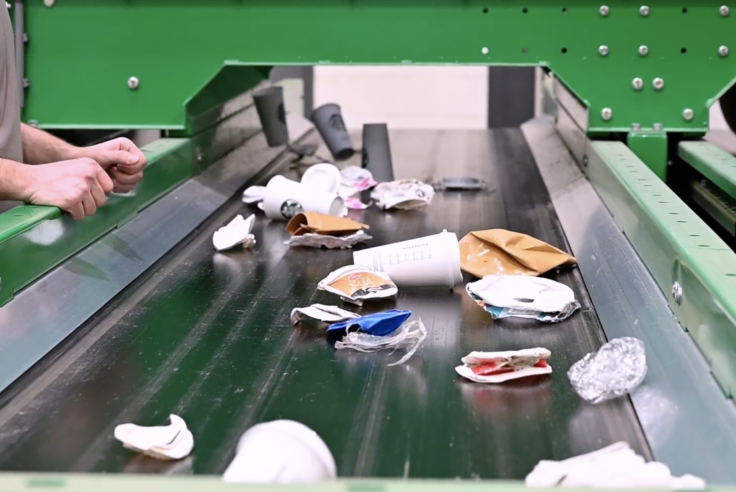
Reuse
Blog Post
When Reusable Cups Reach End-of-Life: 5 Tips to Ensure...
The NextGen Consortium shares 5 tips to ensure reusable...
